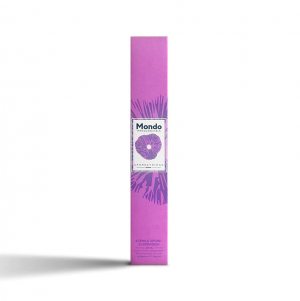When it comes to mushroom cultivation and mycology, the subject of mushroom spores is often shrouded in misperceptions and myths of misconception. Over the years, various legends about mushroom spores have emerged, causing confusion and misinformation among growers and enthusiasts alike. In this article, we'll delve into the world of mushroom spores and debunk some of the most common perceptions surrounding them.
One of the most enduring concepts about mushroom spores is that they're highly explosive. This assumption likely originated from the fact that mushroom spores can be extremely fine and dry, making them potentially volatile in certain conditions. However, the reality is that mushroom spores are not explosive in the classical sense. While it's true that they can create a fine powder when disturbed, this powder is not toxic and won't lead to a dramatic outbreak.
Another myth surrounding mushroom spores is that they're highly transmittable and can easily harm people or other living organisms. This myth is often perpetuated by media and depictions, which portray mushroom spores as a deadly biohazard. While it's true that some mushrooms can be allergenic or cause allergic reactions, the spores themselves are not a significant risk to individual health. In fact, mushroom spores are typically non-pathogenic and require unique conditions to germinate and harm.
One of the most widespread misconceptions about mushroom spores is that they're highly unique and only suitable with a particular species of mushroom. While it's true that different mushroom species have unique characteristics and growing requirements, spores are remarkably versatile. In fact, some mushroom spores can grow on a extensive range of bases and under various conditions. This versatility is one of the reasons why mushroom cultivation has become increasingly mainstream, as growers can test with different species and sporenspritze deutschland substrates to achieve optimal results.
Another legend that's commonly associated with mushroom spores is that they're difficult to store and conserve. While it's true that many mushroom spores are sensitive to humidity and moisture, there are differing methods for preserving and conserving them for long periods. These methods include using silica gel or freezing, which can help to hasten the germination process and prevent deterioration. As a result, mushroom spores can be stored for prolonged periods, making it feasible to cultivate rare and exotic species even in areas with restricted natural conditions.
Finally, one of the most enduring myths about mushroom spores is that they're only of concern to scientific researchers and aficionados. While it's true that some researchers and aficionados are deeply involved in the study and cultivation of mushroom spores, the truth is that anyone can learn about and appreciate these intriguing organisms. Mushroom spores are a natural part of our environment, and understanding more about them can have a array of practical applications, from agriculture and medicine to forestry.
In conclusion, while myths and misconceptions about mushroom spores are prevalent, they're often grounded on a deficiency of understanding or obsolete information. By debunking these myths and investigating the intriguing world of mushroom spores, we can gain a deeper admiration for these incredible organisms and the many benefits they provide. Whether you're a seasoned grower or a intrigued enthusiast, learning more about mushroom spores can be a beneficial and engaging experience.
